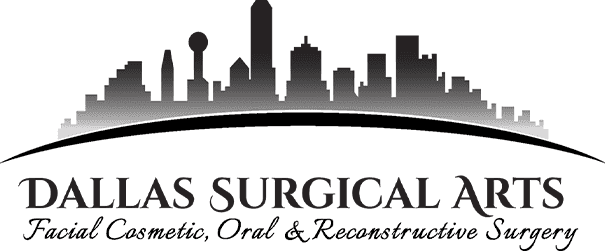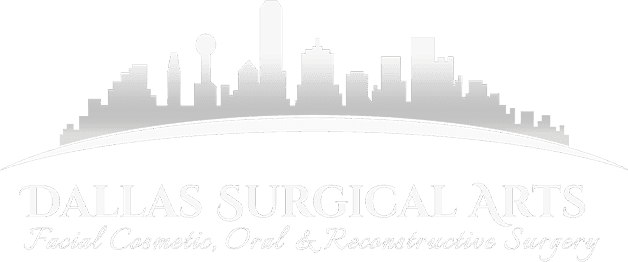Double jaw surgery, also known as orthognathic surgery, is a popular procedure that can correct functional issues and improve the aesthetics of the jaw and face. However, if you're considering undergoing this procedure, it's natural to have questions about the process, recovery, and outcomes. In this blog post, we will address some frequently asked questions about double jaw surgery and guide you through the process so that you can make an informed decision about your treatment.
Who Needs Double Jaw Surgery?
Individuals who experience severe jaw misalignments and skeletal abnormalities, such as overbites, underbites, open bites, or crossbites, are often recommended to undergo double jaw surgery. This procedure is particularly beneficial for individuals facing functional difficulties related to chewing, speaking, breathing, sleep apnea, and TMJ disorders. Additionally, double jaw surgery can address aesthetic concerns related to facial asymmetry and imbalances.
The Double Jaw Surgery Process:
Consultation: The first step is an initial consultation with a highly skilled oral and maxillofacial surgeon, like Dr. Sanovich. During this appointment, Dr. Sanovich will conduct a comprehensive examination, including X-rays, impressions, and imaging, to assess your condition and determine if double jaw surgery is suitable for you.
Treatment Planning: Once it is determined that double jaw surgery is necessary, Dr. Sanovich will develop a personalized treatment plan. This plan will include details about the surgical technique, estimated recovery time, and expected outcomes. Dr. Sanovich will also explain the potential risks and benefits associated with the procedure.
Preparing for Surgery: Before the surgery, you will undergo dental and orthodontic treatment to align your teeth properly. This step ensures that your bite is in optimal condition before the surgery. Your orthodontist will guide you through this process, which can take several months to complete.
The Surgery: On the day of the surgery, you will arrive at the hospital or surgical center and be placed under anesthesia to ensure your comfort throughout the procedure. Dr. Sanovich will make incisions inside the mouth to access the jawbones. The bones will be repositioned and stabilized using surgical plates and screws. The incisions are then closed, and the surgical team will guide you into recovery.
Recovery and Post-Operative Care: After surgery, you will be closely monitored for about 24 hours by the surgical and hospital team before you are discharged. It's normal to experience swelling, bruising, and jaw stiffness during this time. Swelling and discomfort are common during the initial stages of recovery from double jaw surgery. To alleviate these symptoms, it is important to keep your head elevated while resting or sleeping. Applying ice packs to the affected areas can also help reduce swelling and we offer cold therapy / surgical ice machines for rental and purchase. You will be prescribed medication to help with pain and assist in the healing process, and it is crucial to take the prescribed dose and follow the recommended schedule. Dr. Sanovich will provide detailed guidelines for post-operative care, including dietary restrictions, oral hygiene, pain management, and follow-up appointments.
Frequently Asked Questions about Double Jaw Surgery
What is the Recovery Time?: The duration of the recovery process following double jaw surgery may vary from one patient to another. Typically, it takes several weeks for the initial swelling and discomfort to diminish. Complete recovery may require several months, during which the usage of elastics or braces might be necessary to facilitate jaw healing and alignment.
How Long is the Procedure? The duration of double jaw surgery can take several hours to complete, depending on the complexity of the case.
Will the Surgery be Painful?: Our team will prioritize your comfort during the procedure and provide effective pain management techniques throughout the recovery phase. Mild to moderate discomfort may be experienced during the healing process, but appropriate medication and post-operative care can effectively alleviate it. Patients who follow the post-operative instructions closely can expect a speedy recovery with ideal results.
Am I Required to Eat Soft Foods? During the recovery period, it is essential to follow a healthy diet that supports healing and provides necessary nutrients. We will provide specific dietary guidelines, which may include consuming soft and nutritious foods and avoiding hard, chewy, or sticky substances. A balanced diet with adequate protein, vitamins, and minerals can contribute to a faster recovery and promote overall well-being.
Proper oral hygiene is crucial during the recovery process after double jaw surgery. Gentle brushing with a soft-bristled toothbrush and using a mild mouthwash are both important to keep the mouth clean and prevent infections. Based on your case, Dr. Sanovich may recommend a particular oral care routine and provide additional instructions for maintaining oral hygiene during the recovery period.
Double jaw surgery is a life-changing procedure that can correct bite misalignment and skeletal deformities, improve functionality, and enhance facial aesthetics. If you are considering this surgery, it is crucial to consult with an experienced oral and maxillofacial surgeon like Dr. Sanovich who can assess your condition and guide you through the process. By understanding the FAQs and surgical process, you can feel confident in the decision to have double jaw surgery.
Wondering if you are a candidate? Schedule a consultation with board-certified oral and maxillofacial surgeon Dr. Randy Sanovich and call 972-776-4888 today!


